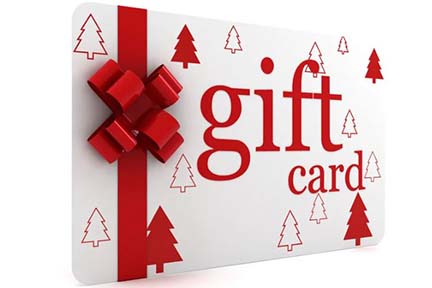
DNR News: Future salmon and trout incoming!
|
|
||||
 |
||||
DNR News |
||||
|

|
|
||||
 |
||||
DNR News |
||||
|

|
|
||||
|

|
|
|


FOR IMMEDIATE RELEASE December 19, 2024 Contact: press@michigan.gov
Governor Whitmer Announces Record 56,100 Michiganders Enrolled in College Through the Michigan Achievement Scholarship Program Michigan college students benefiting from no- or reduced cost tuition saving over $131.5 million
LANSING, Mich. – Today, Governor Gretchen Whitmer announced that 56,100 students across Michigan are benefiting from no- or reduced-cost tuition this fall through the Michigan Achievement Scholarship, which includes the Community College Guarantee and Michigan Achievement Skills Scholarship. In total, the scholarship is saving Michigan students and their families over $131.5 million this year—an average of $2,345 per student.
“This fall, we lowered the cost of college by thousands of dollars for 56,100 Michigan students with the bipartisan Michigan Achievement Scholarship,” said Governor Whitmer. “By lowering costs and easing the burden of college debt, we are opening doors of opportunity for students so they can chase their dreams right here in Michigan. I will work with anyone to help even more young people ‘make it’ in Michigan by continuing to lower the cost of community, private, and public college.”
“MiLEAP is pleased with the progress we are making to support students on their postsecondary educational journeys, which is critical to the future of our state,” said Dr. Beverly Walker-Griffea, director of MiLEAP. “We believe that every student should have access to the lifelong educational opportunities they need, and we are focused on providing the resources and support they need to succeed. Thanks to the Michigan Achievement Scholarship, we are saving students and their families an average of nearly $2,345 and empowering them to thrive for years to come.”
The Michigan Achievement Scholarship was launched in 2022 to help lower the cost for students to earn a skill certificate or college degree at a Michigan community college, Tribal college, public university, or private college or university, starting with the class of 2023. To qualify, students must graduate from a Michigan high school or achieve a high school equivalency certificate and complete the Free Application for Federal Student Aid (FAFSA).
Earlier this year, the Michigan Achievement Scholarship was expanded to include the Community College Guarantee, offering eligible students an opportunity to earn a tuition-free associate degree or skills certificate or start their education toward earning a bachelor’s degree at their local community college or Tribal college, regardless of income.
More than 15,800 students are currently benefiting from the Community College Guarantee, saving families an average of nearly $1,370 this semester. Additionally, 135 students have received support to enroll at an eligible career training center for the 2024-2025 academic year through the Michigan Achievement Skills Scholarship.
“The Michigan Achievement Scholarship is a gamechanger and significantly lowers costs for students no matter what educational path they choose after high school,” said Michelle Richard, deputy director of Higher Education at MiLEAP. “We are thrilled to see so many students taking advantage of this incredible opportunity. I encourage all students and families to complete the FAFSA to see how state scholarships and federal financial aid can put their college goals within reach.”
Through the Michigan Achievement Scholarship, students may be awarded:
This fall, student participation in the Michigan Achievement Scholarship has more than doubled since fall 2023. Student participation is up in every sector since fall 2023.
Table: Students Receiving the Michigan Achievement Scholarship at Community Colleges, Private Colleges, and Public Universities in Fall 2023 Compared to Fall 2024
For more information about the Michigan Achievement Scholarship, visit Michigan.gov/Achievement. For additional information on other state scholarships, tools to help complete the FAFSA and more, visit Michigan.gov/MiStudentAid. |

|
|
|